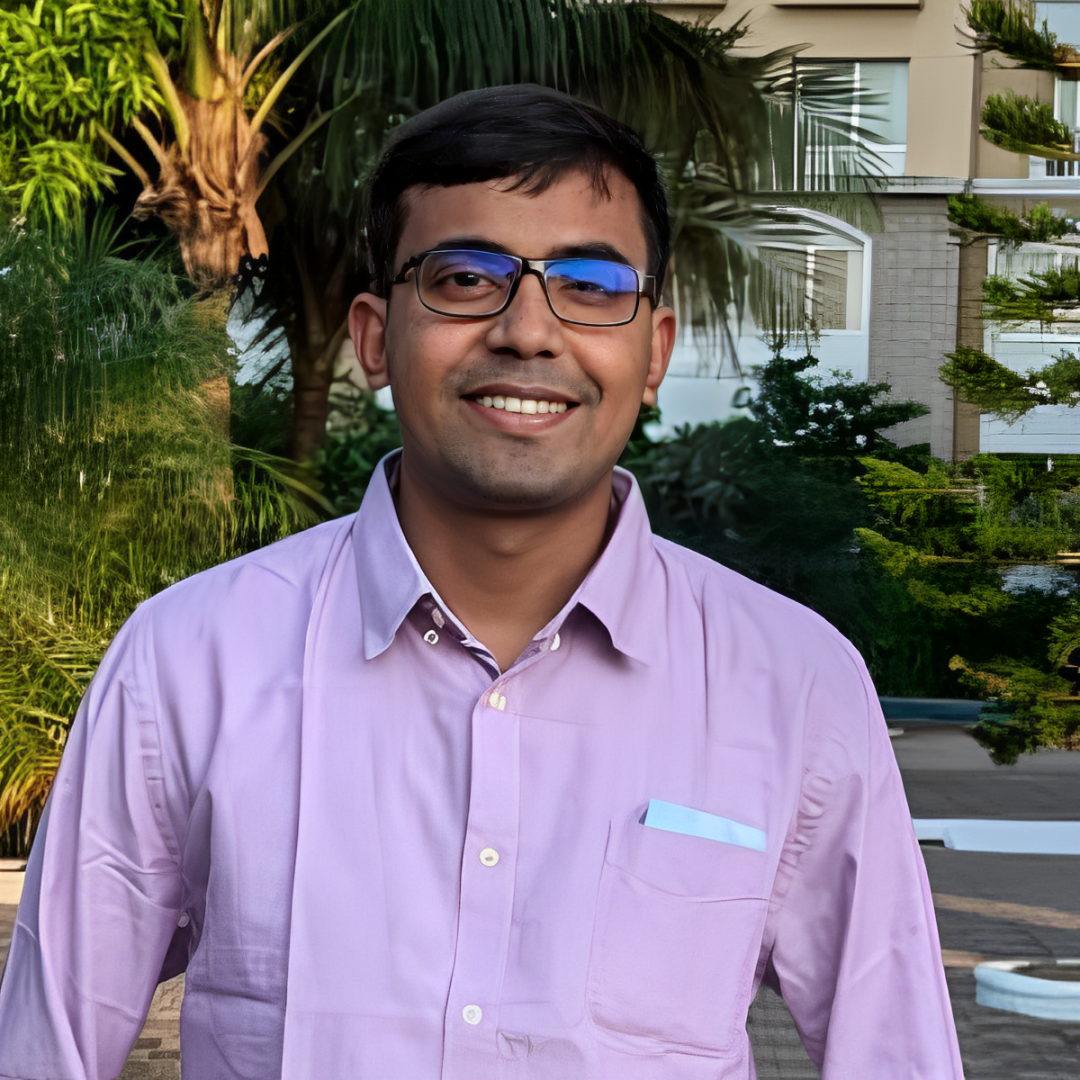
Quick Contact
- abuyousufshazid@gmail.com
- +8801705279254
Abu Yousuf Shazid
Professional Skills
Experience & Activities
Abu Yousuf Shazid is a dynamic social science researcher and anthropologist whose work bridges academic rigor and grassroots impact, particularly in marginalized and crisis-affected communities. Holding a Master’s in Anthropology from the University of Rajshahi, where he ranked 2nd in his cohort with a CGPA of 3.69, Shazid has cultivated a deep expertise in mixed-method research, qualitative analysis, and interdisciplinary collaboration. His career spans roles with leading organizations such as the German Red Cross, BRAC University’s James P. Grant School of Public Health, and the International Centre for Diarrhoeal Disease Research, Bangladesh (icddr,b), where he currently contributes to studies on menstrual health and post-abortion care among Rohingya refugees. Focused on themes like mental health, gender equity, migration, and sustainable livelihoods, Shazid’s research is driven by a commitment to amplifying underrepresented voices and informing inclusive policy solutions.
Specializing in complex humanitarian contexts, Shazid has led or contributed to over 20 projects across Bangladesh, including Cox’s Bazar’s Rohingya refugee camps and host communities. His portfolio includes groundbreaking work such as UNESCO’s rapid assessment of Rohingya cultural traditions, USAID-funded evaluations of youth empowerment programs, and GIZ-led capacity-building initiatives for local governance. Proficient in tools like Atlas.ti and SPSS, he excels in designing culturally sensitive methodologies—from ethnographic interviews to participatory action research—that uncover nuanced insights into issues like gender-based violence, climate adaptation, and social cohesion. Notably, his fieldwork for projects like the Child-Centered Climate Change Adaptation initiative and the Gender and GBV Assessment in Cox’s Bazar highlights his ability to navigate logistical challenges while maintaining ethical rigor and community trust.
Shazid’s collaborative ethos and multilingual fluency—in English, Bangla, and the Chittagonian dialect spoken by Rohingya communities—make him a vital bridge between academia, NGOs, and vulnerable populations. His participation in international conferences, such as the 6th International Conference on Climate Change and Small Ethnic Communities, reflects his dedication to knowledge-sharing and interdisciplinary dialogue. Whether analyzing food insecurity for FAO or exploring adolescent perceptions of gender equality for Plan International, Shazid consistently leverages his anthropological lens to drive actionable, equity-focused outcomes. For ART Lab, his expertise in cross-cultural research, conflict-sensitive frameworks, and stakeholder engagement offers invaluable synergy for projects seeking to merge academic depth with real-world applicability in global health, migration, and social justice.

